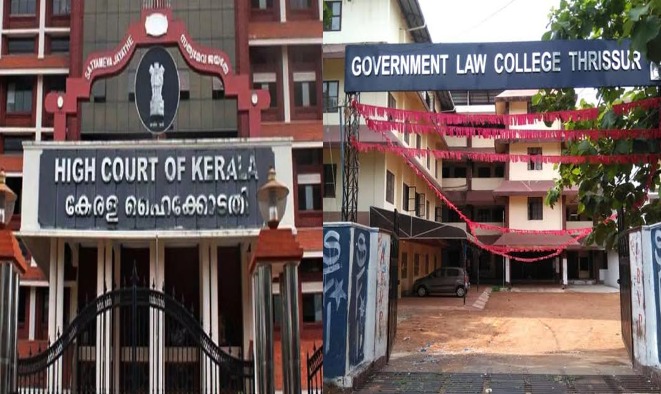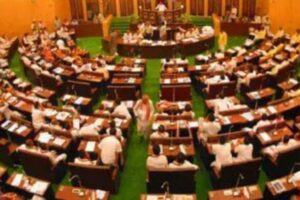
The Kerala High Court recently directed the state government to take immediate steps to make permanent appointments in Government Law Colleges in order to satisfy the requirements of faculty strength.
The court stated that the Rules of Legal Education, 2008, established by the Bar Council of India and the Advocates Act, 1961, were not being followed with regards to the faculty strength for the academic year 2023–2024.
A single bench of Justice Shaji P Chaly was hearing a petition filed by Arun P Wilson (and Others), pursuing their LLB degrees from various Government Law Colleges within the state.
The students had approached the court to not permit the Government Law Colleges in the state to commence their courses without having sufficient permanent faculties as prescribed by the Bar Council of India in the 2008 Rules.
The court while issuing directions to the state government remarked that if steps are not taken immediately students are likely to suffer,
“Since the mandate of the Bar Council of India is liable to be implemented by the State Government and the respective Universities, the State Government is duty bound to take adequate steps immediately so as to create posts and make permanent appointments in the Government Law Colleges within the State, failing which the students are likely to suffer,” the bench ordered.
According to the petition, the Bar Council of India has directed the University and College to reduce the number of students admitted to their 3 Year programme from 100 to 60, and their 5 Year programme from 80 to 60.
The petitioners claimed that the Rules of Legal Education, 2008 were created to maintain the country’s legal education standards.
In terms of the curriculum and minimal infrastructure needed to grant legal degrees with affiliation from an Indian university, they were developed for all law colleges and universities in India to follow.
The petitioners argued that in order to prevent students from suffering from a lack of instructors, a 1:40 faculty to student ratio must be maintained for each course. Since adequate posts have not been authorised by the State Government, the petitioners claimed that various government-aided institutions have failed to meet this minimum criteria for a variety of reasons.
Based on the statistics and figures presented, the court concluded that there was insufficient faculty strength for the LLB courses and that the requirements of the Rules and the Act were not being met.
In the counter affidavit filed by the Higher Education Department of the state, it was stated that steps have been taken by the Department for making appointments, however, it requires the approval of the Finance Department as it “involves serious financial commitments”. According to the counter, the proposal is still pending before the Finance Department.
The court ordered the state government to make an appropriate decision in this regard within four months in accordance with the criteria under the Regulations, 2008, and the Act, 1961.





